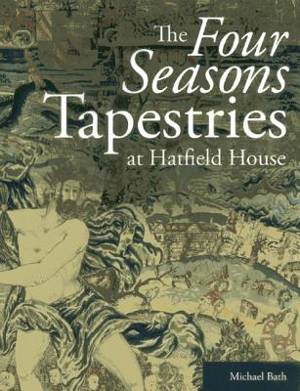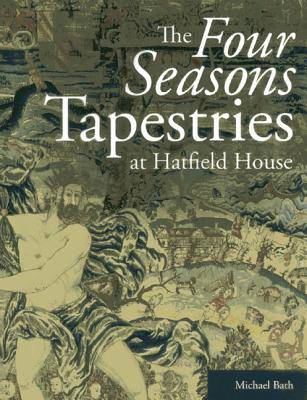
- Retrait gratuit dans votre magasin Club
- 7.000.000 titres dans notre catalogue
- Payer en toute sécurité
- Toujours un magasin près de chez vous
- Retrait gratuit dans votre magasin Club
- 7.000.0000 titres dans notre catalogue
- Payer en toute sécurité
- Toujours un magasin près de chez vous
122,95 €
+ 245 points
Description
Michael Bath explores and challenges previous assumptions about the date, subject matter and iconography of Hatfield House's prized Four Seasons tapestries. Acknowledged as one of the most important sets of early English tapestries, the Four Seasons set at Hatfield House, Hertfordshire, raise many scholarly questions surrounding the design, production and uses of woven tapestry in sixteenth and early-seventeenth century England. Although their main subjects have long been known to copy a set of prints by Maarten de Vos, the 170 emblems with Latin inscriptions that fill their borders have never been fully described, or even listed, in the existing literature and it is only Professor Bath's identification of sources for more than 100 of these in Renaissance emblem books which now allows us not only to understand exactly what these emblems represent and what they mean, but also to draw some conclusions about the design process of early tapestries and the deeply embedded status of emblems in early-modern British culture.
Spécifications
Parties prenantes
- Auteur(s) :
- Editeur:
Contenu
- Nombre de pages :
- 168
- Langue:
- Anglais
Caractéristiques
- EAN:
- 9781909492035
- Date de parution :
- 07-03-14
- Format:
- Livre broché
- Format numérique:
- Trade paperback (VS)
- Dimensions :
- 213 mm x 277 mm
- Poids :
- 539 g

Les avis
Nous publions uniquement les avis qui respectent les conditions requises. Consultez nos conditions pour les avis.






